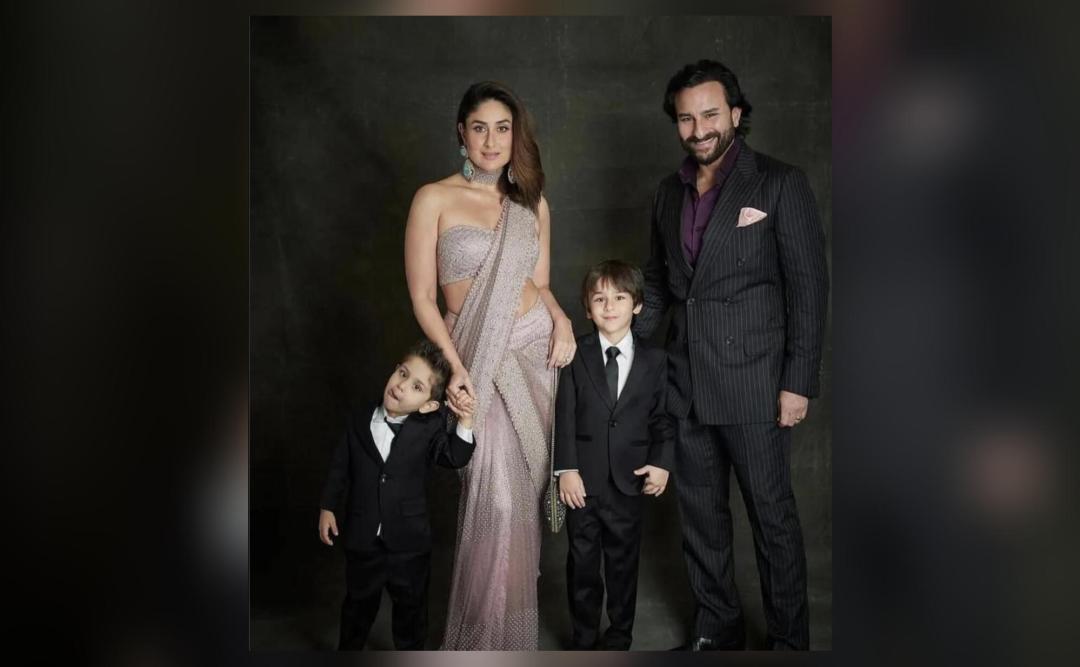 |
|
The recent attack on the home of renowned Bollywood actor Saif Ali Khan has sent shockwaves through the Indian entertainment industry and beyond. The incident, which involved an intruder gaining access to the actor's residence and allegedly assaulting both Saif Ali Khan and a nurse, raises serious concerns about security and safety within the high-profile world of celebrities. Reports suggest that the attacker, armed with both a stick and a blade, initially entered the room of Khan's three-year-old son, Jeh. This detail underscores the potential severity of the situation and the immense psychological impact it must have had on the family. The audaciousness of the attack, occurring within the confines of a supposedly secure home, highlights the vulnerabilities that even prominent figures can face. The brazen nature of the intrusion necessitates a thorough investigation into the security measures in place and the effectiveness of the response by authorities.
The alleged attacker's demand for a substantial sum of money, ₹1 crore, points towards a potentially financially motivated crime. This aspect of the incident opens up avenues of investigation focused on the attacker's background, potential accomplices, and the planning involved in the attack. Law enforcement agencies will likely examine financial records, communication data, and witness testimonies to build a comprehensive understanding of the crime's motive and the individual's potential criminal history. The investigation will also likely assess whether the attacker acted alone or as part of a larger criminal network, considering the level of planning and execution displayed in targeting a high-profile family. Determining whether this was an isolated incident or indicative of a broader trend affecting celebrity security is paramount to preventing future similar incidents.
The attack on the nurse employed by Saif Ali Khan and his wife, Kareena Kapoor, adds another layer of complexity to the incident. The nurse, whose statement has been cited in multiple reports, serves as a crucial witness to the events that transpired within the family's home. Her testimony, coupled with any security footage available, will be key to reconstructing the timeline of the attack, the attacker's movements, and the specific details of the assault. This detail underscores the far-reaching consequences of such incidents, impacting not only the immediate victims but also those who work within their households. The safety and well-being of domestic staff deserve considerable attention in the aftermath of the attack, ensuring appropriate support and security measures are implemented to prevent future incidents involving their safety.
Beyond the immediate implications for Saif Ali Khan and his family, the incident raises broader societal concerns about security and safety within affluent communities. The ability of an individual to breach the security of such a high-profile residence highlights potential vulnerabilities in security protocols, the effectiveness of security personnel, and the effectiveness of current legal frameworks in deterring such attacks. A critical examination of these security protocols, and the potential need for improvements, is necessary to prevent similar incidents from occurring. Furthermore, the incident prompts reflection on the societal expectations and pressures placed upon celebrities and their families, and the extent to which they warrant enhanced security measures in light of such incidents.
In conclusion, the attack on Saif Ali Khan's residence represents more than just a personal incident. It is a stark reminder of the vulnerabilities inherent in high-profile lifestyles and the importance of robust security measures. The incident necessitates a thorough investigation to uncover the full details, bring the perpetrator to justice, and ensure that appropriate measures are taken to protect both celebrities and their families from such attacks in the future. The safety and security of every individual, regardless of their status, are paramount, and this incident underscores the continuing need for vigilance and effective security protocols to protect those at risk.
